Cognition refers to the thinking skills and thought processes that a child has acquired through their prior experiences. Learning difficulties can be general or specific and related to one or more areas of the curriculum.
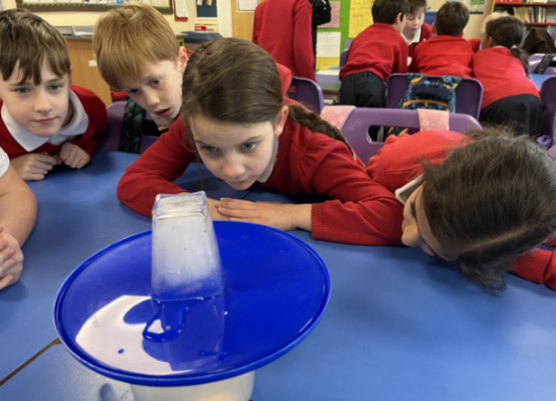
Examples of cognition and learning needs/difficulties that are listed in the SEN code of practice include:
- Specific learning difficulties (including dyslexia, dyspraxia and dyscalculia).
- Moderate learning difficulties
- Severe learning difficulties
- Profound multiple learning difficulties
How do we support children with needs in this area?
We offer quality first teaching, differentiate work within the classroom and offer interventions as required. We have processes within the school that allow us to track pupil progress and plan their next steps.
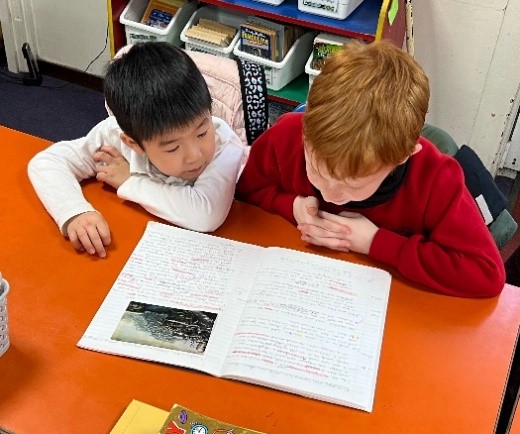
Targeted / Individualised Support:

An interactive site that allows children to practise times tables in a fun way.

A method of planning a teaching programme to meet the needs of an individual child who is struggling to acquire a specific skill.
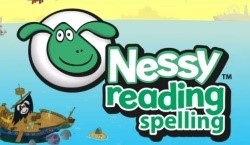
A phonics intervention to support children in KS2.
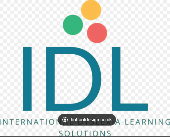
An online reading and spelling programme which also focuses on typing skills.
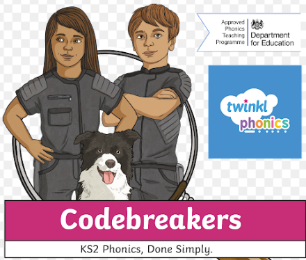
A daily phonics intervention to support the phonics teaching in class.
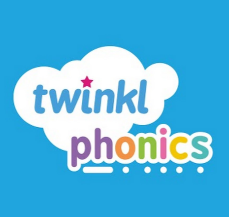
Use of phonic book series and supporting work from Bracknell Learning Support Service

Use of phonic book series and supporting work from Bracknell Learning Support Service

Targeted spelling programme

Plus 1 and Power of Two A one to one system to teach mental maths.
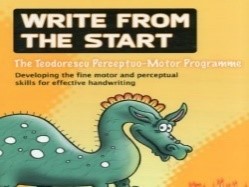
An intervention to support skills for handwriting programme.
How can I support at home?
If you think your child might need help with their cognition and learning needs at home you can support them in the following ways:
- Ask questions and set up opportunities to challenge and encourage deeper thinking e.g. “What should we do first?”, “How does this work.? Can you help me?”
- Encourage your child to be creative and respond enthusiastically. This will help them to develop confidence to approach tasks.
- Let your child know that their efforts, thoughts and questions are valued.
- Model and encourage a Growth Mindset attitude when problem solving.
- Trips to places such as the library, museums, galleries and exploring nature will stimulate your child’s curiosity. Be sure to capture the experience.
- Play a variety of games with your child eg. board games, memory games, puzzles and word searches.
- Support your child with homework and keep connected with the class teacher to know how you can support at home.